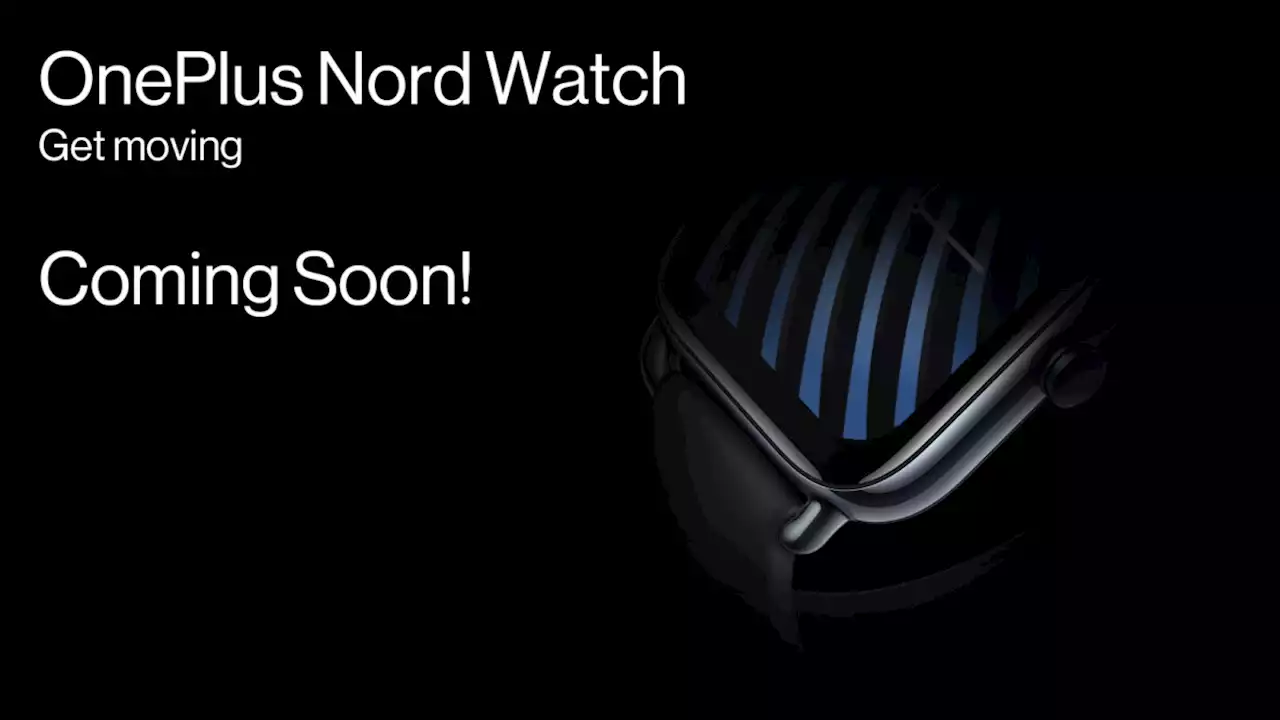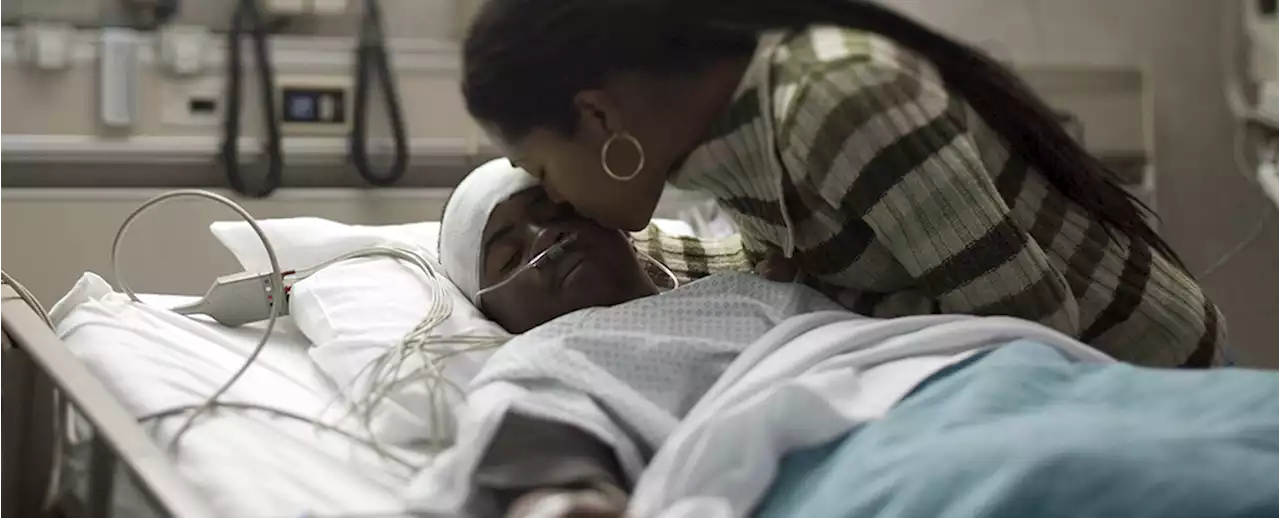Monitoring the status of critically-ill patients in hospital is an essential task often complicated by the need to make tough, high-stake decisions under pressure.
According to a new study, algorithms could soon fill the role instead. Researchers propose software could be trained to accurately and reliably spot changes in a person'sfrom simple physiological markers that are already being logged as a matter of course.
It's still early days in devising such technology, but preliminary results suggest it's a feasible approach – and it would be relatively easy and affordable to roll out in most intensive care units . It could potentially be installed in bedside monitoring equipment, supplementing the examinations of medical professionals.
The researchers built an algorithm to track feeds from a range of emergency room sensors, including those measuring heart rate, breathing rate, brain temperature, and blood oxygen levels. Importantly, these stats can be monitored constantly, without the patient needing to be alert or awake. However, the potential is there: existing methods for checking up on patients can take substantial amounts of time and can only be performed intermittently. Many also require the patient to be responsive, or need expensive equipment. This promises to solve all those problems.
United States Latest News, United States Headlines
Similar News:You can also read news stories similar to this one that we have collected from other news sources.
 Watching tropical development that could enter Gulf next weekWe could soon have Hermine in the Caribbean, and that will need to be watched closely.
Watching tropical development that could enter Gulf next weekWe could soon have Hermine in the Caribbean, and that will need to be watched closely.
Read more »
 This former stunt double wants to kick on-set concussions to the curbData about on-set injuries is scant. Leslie McMichael wants to change that—and upend the way her colleagues’ bodies and brains get handled.
This former stunt double wants to kick on-set concussions to the curbData about on-set injuries is scant. Leslie McMichael wants to change that—and upend the way her colleagues’ bodies and brains get handled.
Read more »
 Upcoming OnePlus Nord Watch gets a few official specs and a few unofficial onesThe aptly named first-ever OnePlus Nord Watch is confirmed to come 'soon' with a large and reasonably high-quality screen... for a potentially very affordable wearable device.
Upcoming OnePlus Nord Watch gets a few official specs and a few unofficial onesThe aptly named first-ever OnePlus Nord Watch is confirmed to come 'soon' with a large and reasonably high-quality screen... for a potentially very affordable wearable device.
Read more »
2024 VW Tiguans Gives Us Our First Look Inside Revealing Tablet-Style Screen | Carscoops2024 VW Tiguans Gives Us Our First Look Inside Revealing Tablet-Style Screen | Carscoops carscoops
Read more »
 A single gene mutation may have made us smarter than NeanderthalsA small mutation that we have but Neanderthals and other primates don’t boosts the growth of neurons in the brain neocortex, the brain region associated with higher intelligence.
A single gene mutation may have made us smarter than NeanderthalsA small mutation that we have but Neanderthals and other primates don’t boosts the growth of neurons in the brain neocortex, the brain region associated with higher intelligence.
Read more »
 Toddler goes home after over 500 days in the hospitalAn Illinois mom says it's 'wonderful' to have her daughter home with her after the 18-month-old spent more than 500 days in the hospital, first in the neonatal intensive care unit, and then, after her 1st birthday, in the pediatric intensive care unit.
Toddler goes home after over 500 days in the hospitalAn Illinois mom says it's 'wonderful' to have her daughter home with her after the 18-month-old spent more than 500 days in the hospital, first in the neonatal intensive care unit, and then, after her 1st birthday, in the pediatric intensive care unit.
Read more »
